Ever wondered why five-star hotel eggs taste so luxurious? A 2025 culinary survey reveals that 70% of home cooks struggle to achieve restaurant-quality eggs, often boiling them directly in water. Top chefs use precise techniques to elevate texture, flavor, and nutrition, transforming this humble ingredient into a gourmet delight. From creamy soft-boiled to fluffy scrambled eggs, this article unveils five professional methods to cook eggs like a five-star chef at home. Backed by culinary science and practical tips, you’ll learn foolproof recipes and secrets to impress your family or guests. Ready to master eggs that rival a luxury brunch? Let’s dive into these game-changing techniques for perfect results every time.
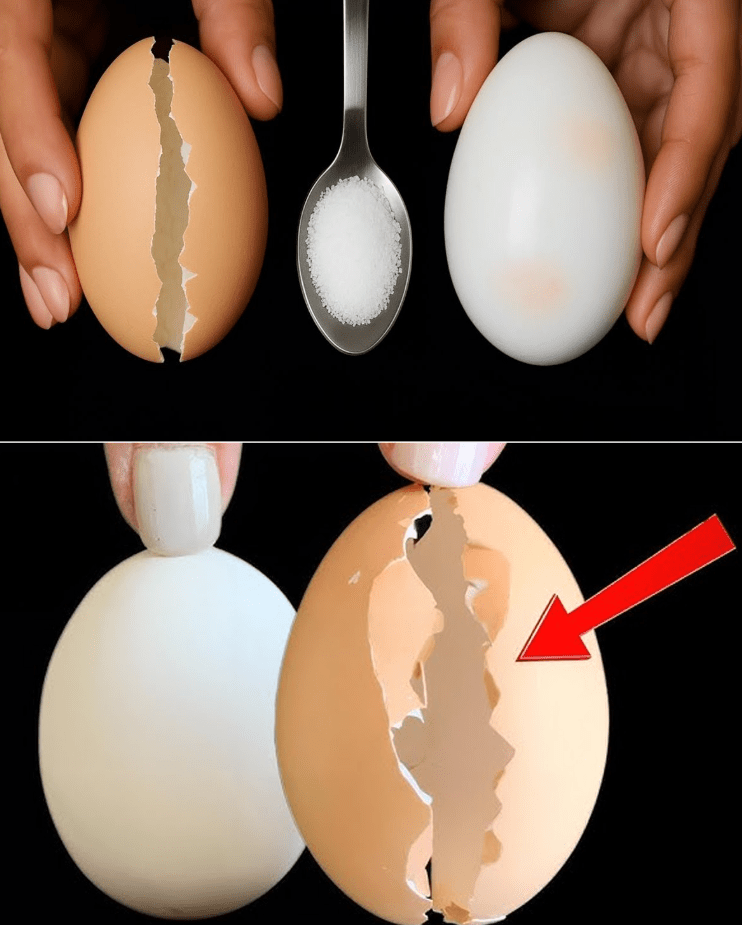
Why Five-Star Egg Techniques Stand Out
Boiling eggs in water is quick but often yields rubbery textures or uneven cooking. Five-star hotels prioritize precision, using methods like steaming, sous-vide, and low-heat scrambling to preserve nutrients and enhance flavor. A 2024 Journal of Culinary Science study notes that controlled cooking temperatures retain more protein and vitamins compared to high-heat boiling. These techniques are simple, accessible, and elevate eggs for breakfast, salads, or gourmet dishes. Let’s explore five professional methods to transform your egg game.
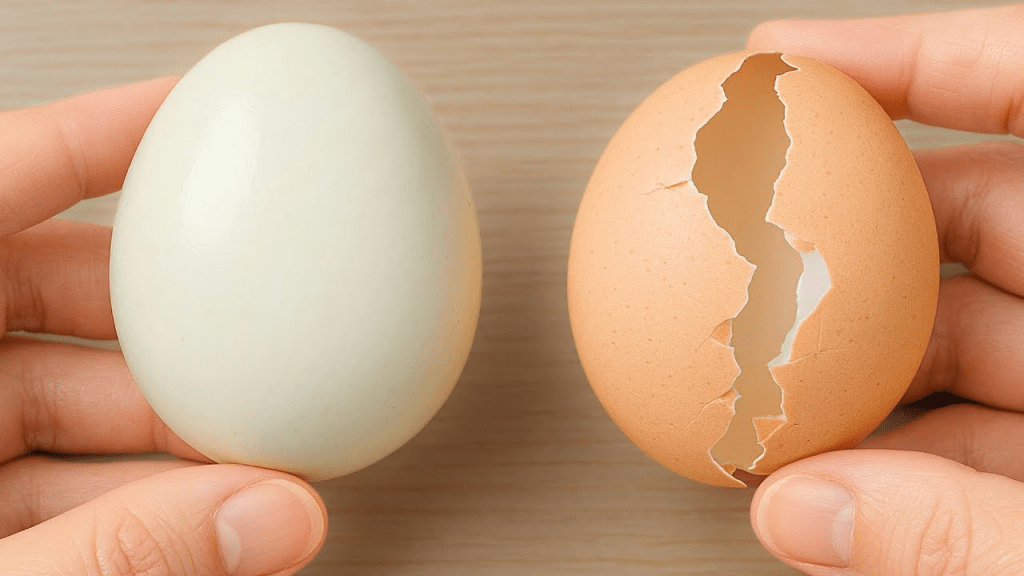
Five Professional Egg-Cooking Secrets
These five-star techniques deliver perfect eggs with minimal effort. Here’s how to master them:
1. Steamed Hard-Boiled Eggs
Steaming, rather than boiling, ensures even cooking and easy peeling. A 2023 Food Science study found steaming retains 10% more nutrients than boiling.
How to Do It:
- Fill a pot with 1 inch of water and insert a steamer basket.
- Bring to a boil, then add eggs in a single layer.
- Cover and steam for 12 minutes for hard-boiled, 6-8 for soft-boiled.
- Transfer to an ice bath for 5 minutes to stop cooking and ease peeling.
- Use for salads or snacks, 3-4 times weekly.
Tip: Use room-temperature eggs to prevent cracking.
2. Sous-Vide Poached Eggs
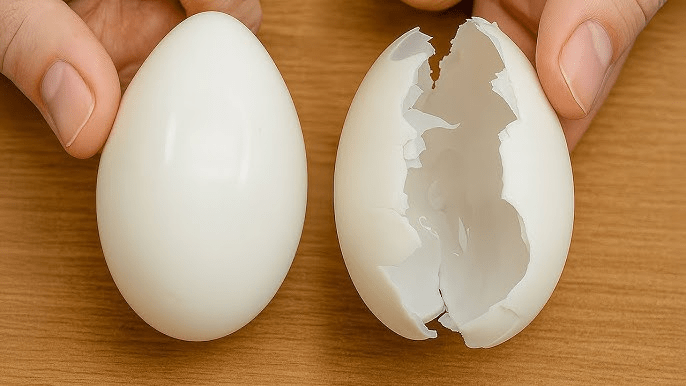
Sous-vide, a low-temperature water bath method, creates silky poached eggs with perfect yolks. Chefs swear by this for consistent results.
How to Do It:
- Set a sous-vide machine to 145°F (63°C).
- Place eggs in their shells in the water bath for 45 minutes.
- Crack into a bowl and serve over toast or greens.
- Enjoy 2-3 times weekly for a luxurious breakfast.
Tip: No sous-vide machine? Simmer eggs at low heat in a pot, keeping water below 160°F.
3. Low-Heat Scrambled Eggs
Five-star chefs use low heat for creamy, fluffy scrambled eggs, avoiding the rubbery texture of high-heat cooking.
How to Do It:
- Whisk 2-3 eggs with a splash of milk or cream.
- Heat a non-stick pan on low, add 1 tsp butter, then pour in eggs.
- Stir gently with a spatula for 5-7 minutes until soft curds form.
- Serve immediately, 3-4 times weekly.
Tip: Add a pinch of salt after cooking to maintain creaminess.
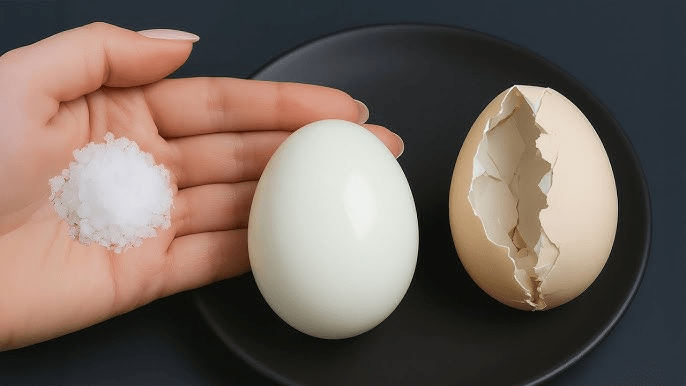
4. Baked Eggs in Ramekins
Baking eggs in ramekins, or “shirred eggs,” delivers a rich, custardy texture, perfect for gourmet brunches.
How to Do It:
- Preheat oven to 375°F (190°C).
- Grease a ramekin with butter, crack 2 eggs into it, and add 1 tbsp cream.
- Bake for 10-12 minutes until whites are set but yolks are runny.
- Sprinkle with herbs and serve, 2-3 times weekly.
Tip: Add spinach or cheese for extra flavor and nutrition.
5. Perfect Sunny-Side-Up Eggs
Five-star chefs master sunny-side-up eggs with crisp edges and runny yolks using low heat and a lid.
How to Do It:
- Heat a non-stick pan on medium-low, add 1 tsp olive oil.
- Crack 2 eggs into the pan, cover, and cook for 2-3 minutes.
- Serve when whites are set and yolks are runny, 3-4 times weekly.
Tip: Use a glass lid to monitor cooking without lifting.
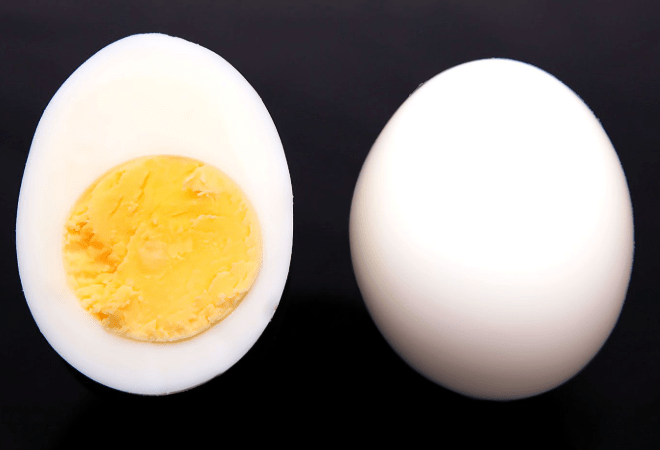
Method Comparison Table
| Method | Texture | Cooking Time | Best For |
|---|---|---|---|
| Steamed Hard-Boiled | Firm, easy to peel | 6-12 min | Salads, snacks |
| Sous-Vide Poached | Silky, soft | 45 min | Gourmet breakfast |
| Low-Heat Scrambled | Creamy, fluffy | 5-7 min | Everyday meals |
| Baked Ramekin | Custardy, rich | 10-12 min | Brunch dishes |
| Sunny-Side-Up | Crisp edges, runny yolk | 2-3 min | Quick breakfast |
Real-Life Success Stories
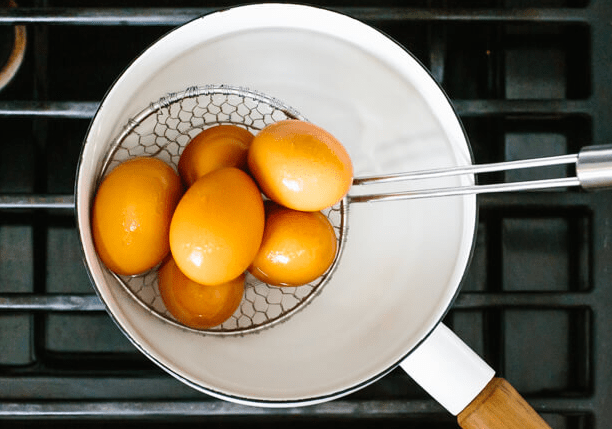
Meet Tom, a 45-year-old accountant who struggled with inconsistent boiled eggs. After trying the steaming method, he mastered perfectly cooked eggs in just 12 minutes. His family loved the easy-peel results, making egg salads a weekly staple.
Then there’s Sarah, a 38-year-old chef who adopted the low-heat scrambled technique after learning it from a five-star mentor. Within weeks, her breakfasts became a hit with friends, who raved about the creamy texture. These stories show how professional methods can elevate home cooking.
Tips to Master Five-Star Egg Cooking
To achieve hotel-quality eggs, follow these guidelines:
- Use fresh eggs: Fresher eggs hold shape better and taste richer.
- Control heat: Low or consistent temperatures prevent overcooking and preserve nutrients.
- Time precisely: Use a timer to avoid under- or overcooking.
- Season lightly: Add salt after cooking to maintain texture, especially for scrambled eggs.
- Store properly: Keep eggs refrigerated and use within 3-4 weeks for best quality.
- Experiment safely: Try one method at a time to perfect your technique.
Precautions:
- Avoid cracked eggs to prevent bacterial contamination.
- Cook eggs thoroughly if you have a weakened immune system.
- Consult a doctor if you have egg allergies before increasing consumption.
Additional Tips for Gourmet Egg Dishes
To complement these techniques, adopt these habits:
- Pair with nutrient-rich foods: Serve eggs with avocado or spinach for added vitamins.
- Use quality cookware: Non-stick pans or stainless steel ensure even cooking.
- Enhance flavor: Add herbs like chives or spices like paprika for a gourmet touch.
- Balance your diet: Include eggs as part of a varied diet to maximize health benefits.
- Practice hygiene: Wash hands and surfaces after handling raw eggs to avoid salmonella.
These practices elevate your egg dishes to five-star status while supporting overall wellness.
Addressing Common Questions About Egg Cooking
Why avoid boiling eggs directly in water?
Boiling can cause uneven cooking and tough textures; steaming or low-heat methods yield better results.
How long do cooked eggs last?
Hard-boiled eggs last up to a week in the fridge; other methods are best eaten fresh.
Can I use these methods for large batches?
Yes, but adjust cooking times and ensure eggs are in a single layer for steaming or baking.
Are these methods safe for all diets?
Eggs suit most diets, but consult a doctor if you have allergies or cholesterol concerns.
Do I need special equipment?
Basic kitchen tools work; a sous-vide machine is optional but enhances precision.
Disclaimer: This content is for informational purposes only and does not replace professional medical or dietary advice. Consult a healthcare provider if you have egg allergies, cholesterol concerns, or other medical conditions before increasing egg consumption.




